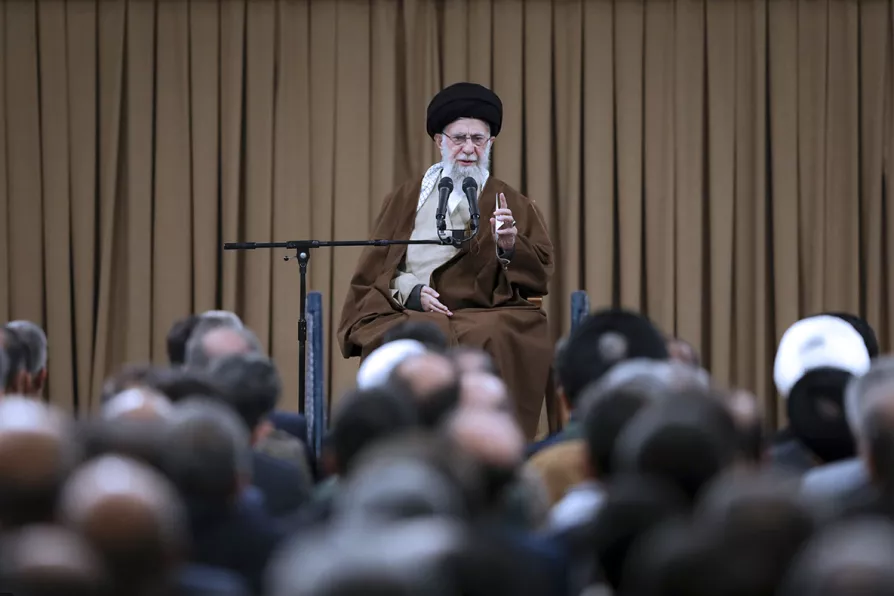John Wojcik pays tribute to a black US activist who spent six decades at the forefront of struggles for voting rights, economic justice and peace – reshaping US politics and inspiring movements worldwide

 Supreme Leader Ayatollah Ali Khamenei speaks in a meeting with a group of defense officials, in Tehran, Iran, February 12, 2025
Supreme Leader Ayatollah Ali Khamenei speaks in a meeting with a group of defense officials, in Tehran, Iran, February 12, 2025
COMMITTEE for Defence of Iranian Peoples Rights (Codir) has been following, with growing concern, the developments under way inside Iran pertaining to protests and rallies that have been ongoing since Friday February 14.
This date marks the 14th anniversary of the incarceration under house arrest of three of the country’s major opposition figures: former prime minister and presidential candidate, Mir-Hossein Mousavi; his wife, prominent academic Dr Zahra Rahnavard; as well as senior reformist clergyman and another former presidential candidate, Mehdi Karroubi.
On Thursday, February 13, a large protest in front of the University of Tehran was broken up by regime security forces and dozens were detained. Security forces and agents from the Islamic Republic’s Ministry of Intelligence had already moved to arrest several figures, all central members of the Campaign to Lift the House Arrest, a reference to the continuing detention of Mousavi, Rahnavard, Karroubi and his wife, Fatemeh Karroubi.

The Committee for the Defence of Iranian People’s Rights (Codir) welcomes demonstrations across Iran, which have put pressure upon the theocratic dictatorship, but warns against intervention by the United States to force Iran in a particular direction

The Islamic Republic is attempting to deflect from its own failures with a scapegoating campaign against vulnerable and impoverished migrants, writes JAMSHID AHMADI

In the second of two articles, STEVE BISHOP looks at how the 1979 revolution’s aims are obfuscated to create a picture where the monarchists are the opposition to the theocracy, not the burgeoning workers’ and women’s movement on the streets of Iran










